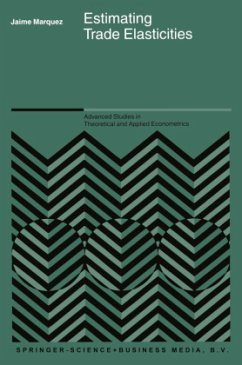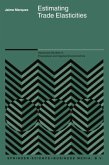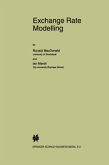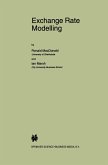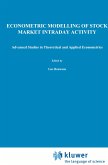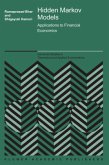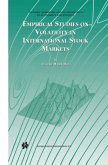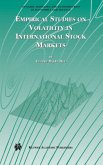One cannot exaggerate the importance of estimating how international trade responds to changes in income and prices. But there is a tension between whether one should use models that fit the data but that contradict certain aspects of the underlying theory or models that fit the theory but contradict certain aspects of the data. The essays in Estimating Trade Elasticities book offer one practical approach to deal with this tension. The analysis starts with the practical implications of optimising behaviour for estimation and it follows with a re-examination of the puzzling income elasticity for US imports that three decades of studies have not resolved. The analysis then turns to the study of the role of income and prices in determining the expansion in Asian trade, a study largely neglected in fifty years of research. With the new estimates of trade elasticities, the book examines how they assist in restoring the consistency between elasticity estimates and the world trade identity.
Hinweis: Dieser Artikel kann nur an eine deutsche Lieferadresse ausgeliefert werden.
Hinweis: Dieser Artikel kann nur an eine deutsche Lieferadresse ausgeliefert werden.
From the reviews: "All in all, Marquez's book is a remarkable and thought-provoking contribution to the literature. Like all of his earlier work, it is very carefully and professionally done. It illustrates some of the conflicts that applied researchers must deal with, and it paves the way to a number of innovative and imaginative solutions. Marquez does a very good job at striking a balance between the needs of analysts and forecasters. His book is well worth reading for anyone interested in empirical trade issues." (Journal of Economics/Zeitschrift für Nationalökonomie, 81:1 (2004)

